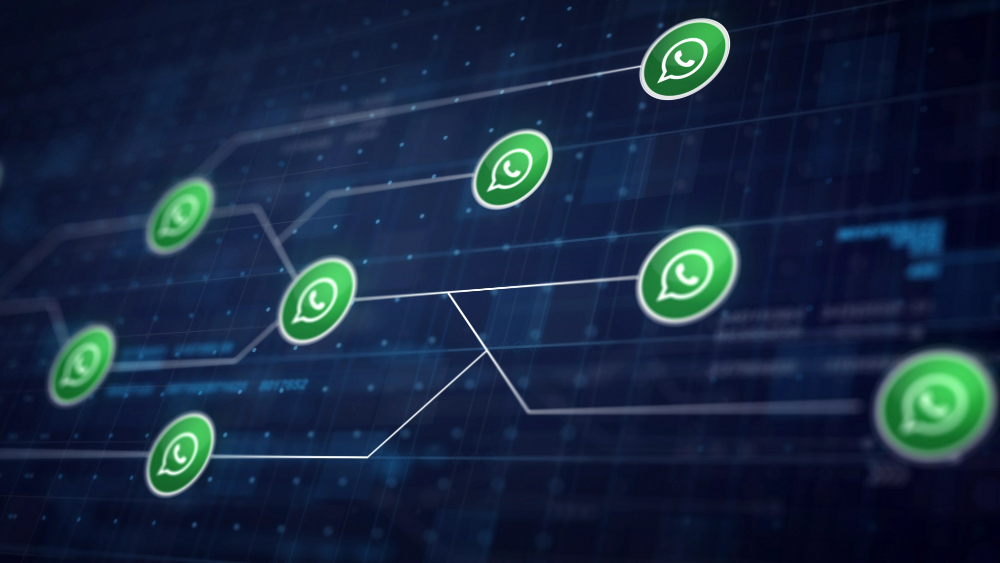US courtrooms increasingly depend on video evidence, yet researchers warn that the legal system is unprepared for an era in which AI can fabricate convincing scenes.
A new report led by the University of Colorado Boulder argues that national standards are urgently needed to guide how courts assess footage generated or enhanced by emerging technologies.
Concerns have grown as deepfakes become easier to produce. A civil case in California collapsed in September after a judge ruled that a witness video was fabricated, and researchers believe such incidents will rise as tools like Sora 2 allow users to create persuasive simulations in moments.
Experts also warn about the spread of the so-called deepfake defence, where lawyers attempt to cast doubt on genuine recordings instead of accepting what is shown.
AI is also increasingly used to clean up real footage and to match surveillance clips with suspects. Such techniques can improve clarity, yet they also risk deepening inequalities when only some parties can afford to use them.
High-profile errors linked to facial recognition have already led to wrongful arrests, reinforcing the need for more explicit courtroom rules.
The report calls for specialised judicial training, new systems for storing and retrieving video evidence and stronger safeguards that help viewers identify manipulated content without compromising whistleblowers.
Researchers hope the findings prompt legal reforms that place scientific rigour at the centre of how courts treat digital evidence as it shifts further into an AI-driven era.
Would you like to learn more about AI, tech and digital diplomacy? If so, ask our Diplo chatbot!










